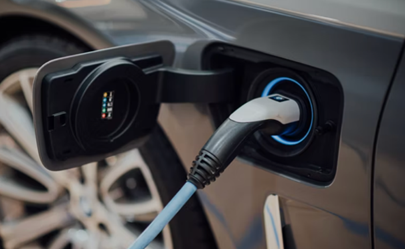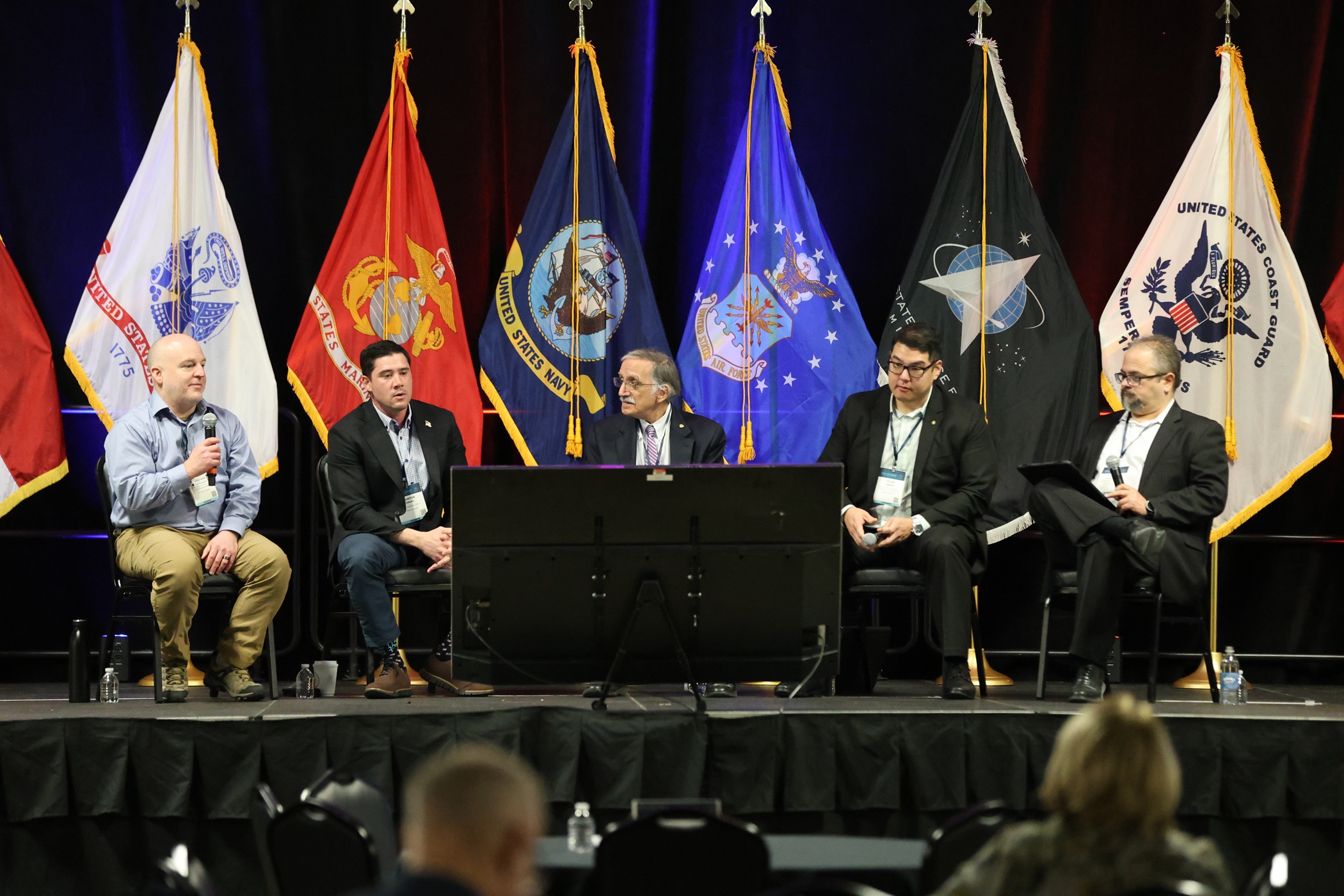Military bases across the country are in the process of transportation electrification. This runs the gamut from developing electric vehicle (EV) charging infrastructure options, considering what and how many vehicles to purchase, and how to maintain, train, and pay for these new technologies. North Carolina is home to several military bases and so this is a challenge each of them has been tasked with figuring out.

There are two current Executive Orders affecting the transition to EV’s at our military bases. These include: (1) by 2035, government entities will be required to purchase all new fleet vehicles as zero emission vehicles (EVs, hybrids); and (2) by 2030 a goal of 50 percent of all vehicles purchased will be zero emissions. And, on top of those current Executive Orders different military branches have come out with their own guidance on combating climate change, an important issue given North Carolina’s coastal environment.
Where does an installation start to unravel this challenge? The Society of American Military Engineers (SAME) held an EV webinar to discuss this very topic. The first step is completion of an EV master plan that lays out a facility’s capacity, the electrical system condition, and the utility availability. Then, using that as a baseline, determine what the facility can support as a preliminary phase as fleets convert to EVs. In subsequent phases, it is not possible to accomplish an entire facility upgrade at once and there is not the financial support for it either. In the government, there is a long lag of time before an EV purchase and its arrival because they are coordinated through the General Services Administration (GSA). GSA coordinates vehicle purchases across different government agencies and then buys them in bulk.
On a military base, there are several issues that must be addressed: (1) who should install the EV charging infrastructure (i.e., what vendor); (2) where should the charging infrastructure be located; (3) are analytics on driver behavior (length of charge, when) necessary; (4) how many vehicles should be procured, and with what funding stream; (5) what kind of charging infrastructure maintenance is needed once a warranty has expired, (6) how will electric vehicles be used in an emergency (natural disaster, especially in a coastal environment like we have in North Carolina); and (7) does emergency personnel (fire) understand the protocol with an electric vehicle battery fire (i.e., New York City Fire Department has devoted considerable time to this issue). All these implementation details are difficult, and guidance has not addressed everything. There is always a lag between a policy directive and implementation and transportation electrification is caught in that cycle now.
The North Carolina Military Business Center will assist military installations with requirements for contractor support and will keep businesses aware of opportunities to assist our installations in this process.

Jamel Williams transitioned from active military duty to the civilian workforce in 2018. He entered into the field of real estate with the hope of helping other military personnel find their home, as he knew from firsthand experience the challenge th

rom Concept to Capability panelists (L to R) Dr. Paul Baker principal deputy (A) of the Army Science Division Army Research Office, Klinton Snead, extramural staff director for the Army Research Office, panel moderator Phil Williams, VP of corporate

Photo by Tierra Mallorca / Unsplash Buying a house is not for the weak. This year, my husband and I decided to begin the hunt for a home. When I tell you January was one of the most stressful times in my life, I mean it from the bottom of m